A statement released by the White House on November 18 said that US President Donald Trump approved a major defense deal with Saudi Arabia, including the sale of 5th generation F-35 fighter jets to Riyadh.
“The President assured that these agreements reinforce the United States’ role as a regional security enabler and enhance Washington’s military partnerships to enable our partners to more effectively deter and defeat threats.” However, the statement did not disclose the number of F-35 fighter jets that Riyadh ordered from the US.

The deal to sell F-35 fighter jets to Saudi Arabia was made during a visit by Crown Prince Mohammed bin Salman.
Experts working for The War Zone website commented that when it comes to the US selling F-35s to Saudi Arabia or any country in the Middle East region, the final decision is always influenced by "concerns about the strategic balance related to Israel being broken".
The law of the “land of the stars and stripes” stipulates that the US government must maintain the Qualitative Military Ability (QME) for Israel. Basically, the above regulation ensures that Israel has priority in purchasing advanced US weapons before other Arab countries in the region. Of course, among those advanced weapons, the F-35 stealth fighter is the most prominent weapon.

Israel's air superiority relies largely on the F-35I fighter.
The F-35 fighter jet can currently be considered the 'spearhead' of the Israeli Air Force and is regularly used in military campaigns, including airstrikes against Iran.
Not only that, the F-35I, the version dedicated to Tel Aviv, is increasingly integrating many of its own “hardware and software” improvements, which is unique in the multinational F-35 aircraft development program.
The War Zone website quoted sources from several Western media channels predicting that the F-35 version that the US sells to Saudi Arabia will be less advanced than similar aircraft currently in service in the Israeli army.
This has led some to assume that the Saudi F-35s will be “significantly downsized” compared to the standard F-35A models that many other customers receive. Of course, this is highly unlikely.
The strategic balance of the Middle East and Arab countries will have major changes.

The strategic balance of the Middle East and Arab countries will have major changes.
According to The Hill, another reason why Israeli leaders are worried about the deal is not that Riyadh could use the F-35 to counter Tel Aviv in confrontation scenarios, but that the move would pave the way for other countries in the region to access the stealth aircraft, thereby narrowing the gap in technological advantage that Tel Aviv currently holds.
In a statement issued on November 20, Israeli Prime Minister Benjamin Netanyahu affirmed that Saudi Arabia is not a country that confronts Tel Aviv, but Israel will have a stronger reaction to any similar agreement “when it comes to the US selling F-35 aircraft to Turkey”.
Netanyahu's statement is completely grounded, because according to experts from The War Zone, once the F-35 sale to Saudi Arabia is completed, this "could pave the way for reviving the previous F-35 sale agreement between the US and the United Arab Emirates (UAE)", an agreement signed by Mr. Trump at the end of his first term but later canceled by the administration of former US President Joe Biden.
Source: https://khoahocdoisong.vn/hop-dong-f-35-cua-saudi-arabia-lam-thay-doi-can-bal-chien-luoc-trung-dong-post2149071734.html





![[Photo] President Luong Cuong attends the 50th Anniversary of Laos National Day](/_next/image?url=https%3A%2F%2Fvphoto.vietnam.vn%2Fthumb%2F1200x675%2Fvietnam%2Fresource%2FIMAGE%2F2025%2F11%2F27%2F1764225638930_ndo_br_1-jpg.webp&w=3840&q=75)
![[Photo] Prime Minister Pham Minh Chinh chairs the 15th meeting of the Central Emulation and Reward Council](/_next/image?url=https%3A%2F%2Fvphoto.vietnam.vn%2Fthumb%2F1200x675%2Fvietnam%2Fresource%2FIMAGE%2F2025%2F11%2F27%2F1764245150205_dsc-1922-jpg.webp&w=3840&q=75)


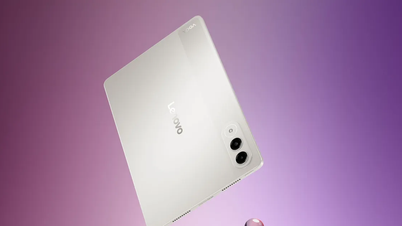












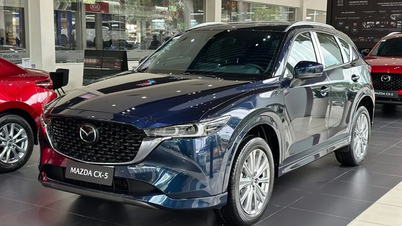










































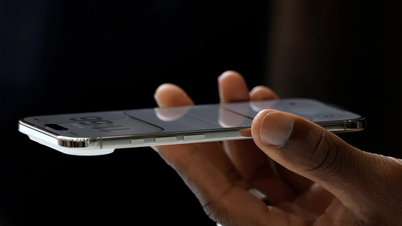
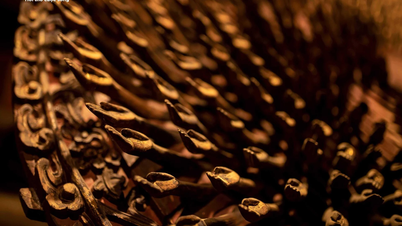
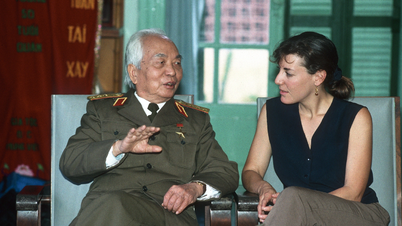































Comment (0)